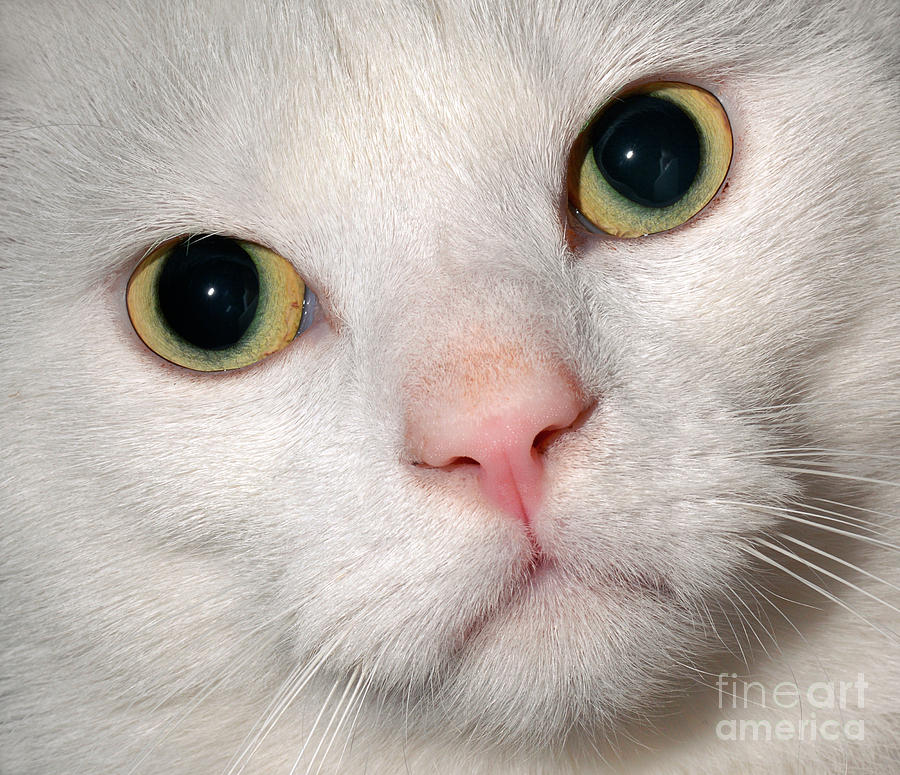
It is important to take your cat to your veterinarian if any evidence of disease is noted. The GI form of LSA (the most common form) can cause a large mass in the stomach or intestine or diffuse infiltration throughout the intestinal tract. There is a vaccine available for FeLV that your veterinarian can discuss with you based on your cat’s lifestyle and risk of exposure to FeLV. Primarily a disease in younger cats, the virus doesn’t always manifest symptoms, so it is important to have your cat tested regularly to prevent transmission and progression. FeLV is a transmittable retrovirus that can be passed in utero as well as through saliva and direct contact. Feline leukemia virus (FeLV) is linked to most forms of LSA except for the gastrointestinal (GI) form. Some reports estimate that 30% of all reported cat cancers are due to LSA.


White, or light colored, cats are more susceptible to squamous cell carcinoma.


 0 kommentar(er)
0 kommentar(er)
